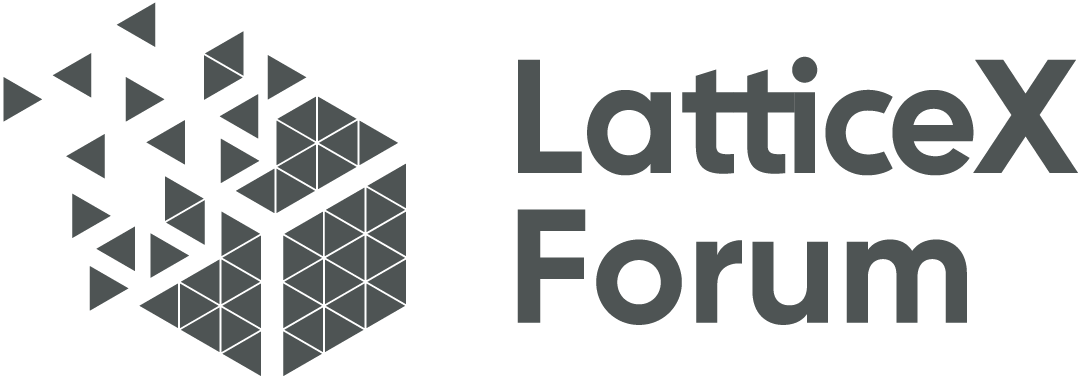The core technology of intelligent networks(PlatON)
The rise of Web 2.0 is indeed largely due to three technological innovations: mobile internet, social networking, and cloud computing. The vision of intelligent network, based on blockchain, artificial intelligence and the Internet of Things, will further promote the development of the Internet.
-
Blockchain technology provides a decentralized trust mechanism for networks, and through its distributed ledger technology, it can effectively reduce transaction costs and improve data security. This is of great significance for building a highly secure information sharing network on a global scale that does not require trust from third parties:
**Decentralization: Through its distributed ledger structure, blockchain eliminates centralized authoritative institutions and improves system transparency and security.
**Non tamperability: Once data is recorded on the blockchain, it is almost impossible to modify or delete it, ensuring the complete traceability of the data.
**Reducing transaction costs and time: Blockchain can simplify transaction processes, reduce intermediate links, thereby reducing transaction costs and accelerating transaction speed.
**Security * *: The encryption technology used in blockchain, such as SHA-256, provides strong security for data.
**Transparency and auditability * *: All transactions are visible to students, which enhances the transparency of the system and allows anyone to conduct audits. -
The development of artificial intelligence (AI) technology, especially in areas such as deep learning and natural language processing, has enabled networks to better understand and respond to user needs, providing users with more personalized and intelligent services. In intelligent networks, AI will become an important tool for marking network content, promoting the intelligent development of the network:
**Automation: AI can automatically perform repetitive and time-consuming tasks, improve efficiency, and reduce human errors.
**Data analysis capability: AI can process and analyze large amounts of data, reveal patterns and insights, and provide data-driven decision support for enterprises.
**Personalized Services: AI can learn and adapt to user behavior and preferences, providing more personalized services and experiences.
**Predictive Analysis: AI can predict future trends and events, helping businesses prepare and formulate strategies.
**Adaptability and Learning Ability: Through machine learning, AI can continuously improve its performance and adapt to new situations and environments. -
The development of Internet of Things (IoT) technology enables various devices to connect to the network and achieve real-time data collection and analysis. This provides rich data resources for intelligent networks, making them ubiquitous:
**Data Collection and Analysis: IoT devices can collect a large amount of data, which can be used to improve business processes, products, and services.
**Real time monitoring and control: IoT allows users to monitor and manage connected devices in real time, improving efficiency and security.
**Intelligent Automation: IoT can achieve automation in fields such as smart homes and smart manufacturing, improving quality of life and work efficiency.
**Scalability: IoT systems can easily scale, supporting more devices and more complex applications.
**Energy saving and cost-effectiveness: IoT can help businesses and individuals save energy and costs through intelligent scheduling and optimized resource utilization.
The key to Web 2.0’s transition to intelligent networks remains data privacy protection, and data ownership must truly return to individuals. Enable users to truly control their data ownership, fundamentally balance the contradiction between data security and data value, and completely solve the secure and free flow of data.
